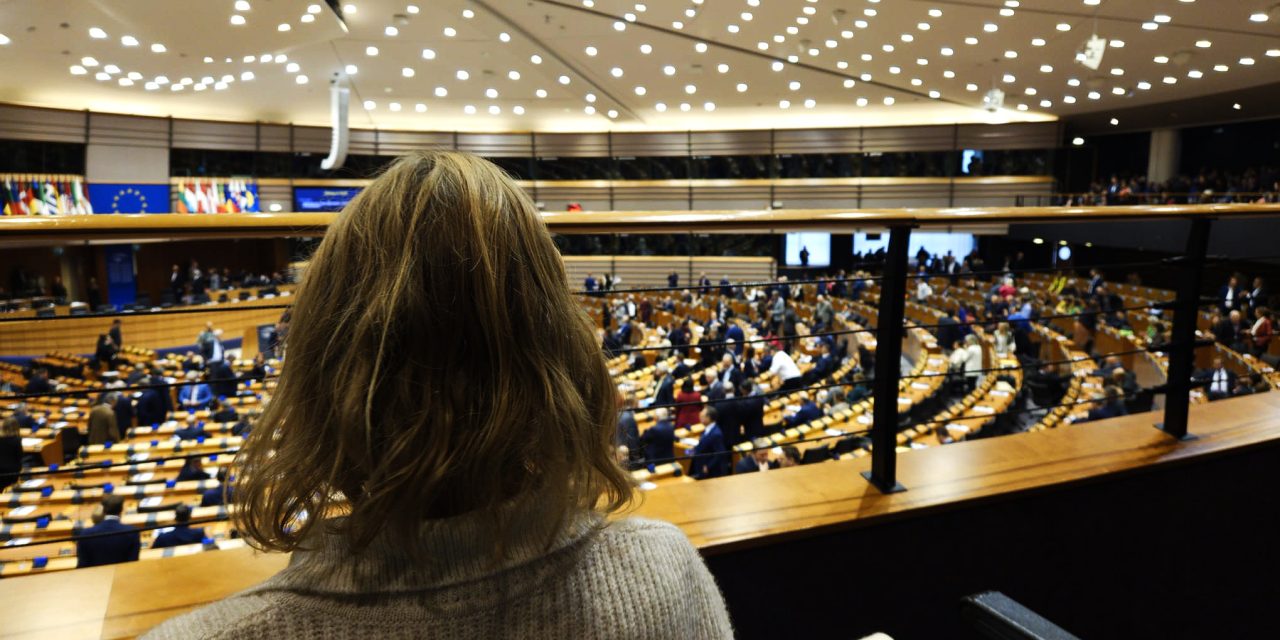Lobbying is often viewed negatively in the context of the European Union. However, nonprofit organisations like Greenpeace actively participate in the lobbying sector to exert a positive impact on the formulation of EU policies. Lobbying is frequently perceived as something distant and complex, often associated with corporate influence on policymaking. However, understanding the implications of lobbying is crucial for everyone, especially young individuals, as it directly shapes the policies that govern their lives. The lobby Watchdog Organisation, Corporate Europe Observatory (CEO), makes it their mission to show the significance of lobbying, corporate capture (the influence of powerful corporations on government policies), and the need for transparency in decision-making processes in the European Union.
Lobbying involves advocating on a particular topic or event, and there are various types of lobbies. The organisation Corporate Europe Observatory in Brussels focuses on corporate lobbying in the European Union. Lobbying goes beyond decoding political jargon, it’s about recognizing the influence it has on our daily lives. There is a pressing need for transparency, fairness and active participation. As we move towards the future, informed and engaged youth can play a pivotal role in shaping a more democratic and equitable society.
CEO works to hold big polluters accountable, aiming to remove them from politics. Their efforts include public hearings and investigations to ensure transparency and fairness in addressing crises that directly impact citizens. Marcella Via, the new press officer at CEO, states, “That’s a plea for big companies and their allies to push for certain policy changes that favour their industries.” The pervasiveness of lobbying influences diverse sectors from pollution control to the meat industry. The call to action is to be informed and stay critical and vocal about these issues.
Brussels is a well-known hub for lobbyists who represent major corporations such as Deutsche Bank, Unilever and Microsoft. Transparency EU, with the goal of preventing corruption and promoting integrity, transparency and accountability in EU institutions, policies and legislation, counted 25,000 active lobbyists in Brussels in 2021, working to advance corporate interests.
Corporate capture highlights the unequal influence exerted by industries compared to civil society. Marcella stressed that corporate interests are prioritized, and the voices of activists and the broader public are often excluded in decision-making processes. A real-world example related to the energy crisis illustrates corporate lobbying. Fossil fuel companies played a significant role in proposing solutions for this crisis, despite the evident conflict of interest. “This reveals a system where those responsible for problems are presented as experts in providing solutions.”
A Positive Example of the Effect of Lobbying
In addition to the influence of big corporations, nonprofit organisations such as Greenpeace also engage in lobbying in Brussels. John Hyland, the press officer of Greenpeace Belgium stated, “Greenpeace is part of a Non-Governmental Organisation (NGO) coalition that has succeeded in bringing a new EU law to protect forests. The most significant accomplishment with lobbying for Greenpeace is the EU Deforestation Regulation.”
This regulation aims to combat global deforestation linked to consumption in the European Union. The EU Deforestation Regulation prohibits products connected to forest destruction from entering the EU market. It stands as the world’s first attempt to address global deforestation and reduce the European Union’s impact on nature. Civil society, activists and over 150 organisations, including Greenpeace, WWF, ClientEarth, and many more, urged the EU member states to fulfil their legal obligations for the proper implementation of this law.
Why is it crucial for the younger audience to be aware of lobbying and its implications?
Marcella explained the pervasiveness of lobbying, influencing diverse sectors from pollution control to the meat industry. The call to action for young people is to be informed and to remain critical and vocal about these issues. Lobbying is not just about decoding political jargon; it is about recognizing the influence it has on our daily lives. There is a need for transparency, fairness, and active participation. As we move towards the future, informed and engaged youth can play a pivotal role in shaping a more democratic and equitable society.




